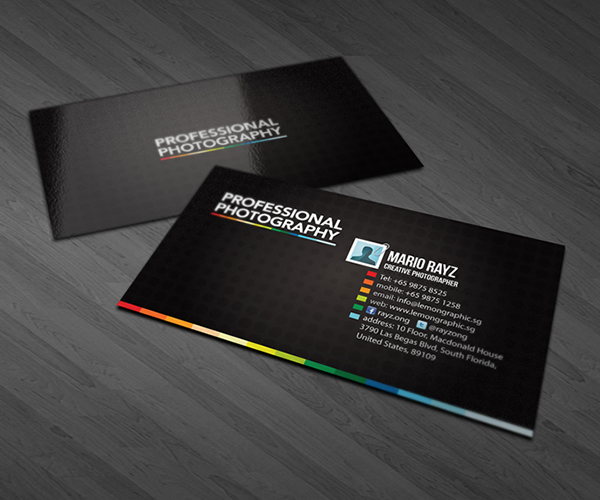Just as a house will be the biggest purchase you make, a mortgage will be the biggest loan that you will have to bear. This is why it is very important to avoid certain pitfalls when applying for a loan. Most people make the simple mistake of forgetting to compare home loans or letting the bank decide what they can afford and what they cannot. Such mistakes can not only lead to bankruptcy but can also prevent your loan from closing and will force you to pay more than what is necessary. On the other hand, some people make really smart decisions about their mortgage loans. They do sufficient research, refer to professionals for help, plan well ahead of the application process and make long-term plans for repayment. For this effort, they are usually rewarded with predictable and low-cost interest rates as well as fixed monthly repayments. Therefore, it is possible for anyone, including yourself, to make a mortgage less of headache if they know what to do. For the benefit of those who are not aware, the most common mortgage mistakes are listed below.

Ignoring the Actual Costs of House Ownership
Let’s face the truth because denial will get you nowhere. Making inaccurate assumptions and false predictions to console yourself will only put you in further trouble. What you agree to pay your landlord is not what your entire cost consists of. You will have to do an in-depth analysis of all your costs before you sign up for the loan. The first step is to have a good look at the mortgage amortization schedule. This will enable you to get a clear idea of the interest rates that you will have to pay. Research about property taxes as well since fluctuations in the property tax system of your area can affect the amount you pay.
Failure to Check your Fixed Credit
Credit mistakes are unfortunately common among most applicants. The sad fact is that people are not even aware that they have bad credit until they are informed by the loaning agency. This is not only because they have bad financial management but also because they fail to keep an eye on their credit score on a regular basis. Having a bad credit score will not only lead to high interest rates but can also reject your loan application as well. Thus, all applicants must check their credit reports six months prior to the application process. This will give them sufficient time to fix any problem that they see.

Not getting a Fixed-rate Loan
People who opt for fixed rate loans do not have to worry about refinancing. These are not famous in the current market since their prices and deals are not contrastingly different to that of an adjustable-rate loan. This option will only prove to be financially viable if one considers the long-term costs. Although ARMs (Adjustable Rate Mortgage) are beneficial at the present time, they will eventually turn out to be disadvantageous as well. Moreover, getting an ARM is particularly risky during an unpredictable economic climate since the interest rates can shift drastically. Thus, following a fixed-rate loan is must safer since you will not be affected by external economic conditions.
Letting the Bank Dictate the Terms
Do not let the bank tell you what you can afford. Nobody has more closure to your financial expenses and day-to-day spending more than yourself. The main aim of bankers and loaners is to maximize their business and revenue. Thus, do not nod your head to whatever they say. Just because they are professionals, does not mean that everything they say is accurate. The bank’s calculations are solely based on your gross income which is the amount you get before the taxes are paid for. They will not take several expenses into account which includes your insurance, medical fees, utilities and child care. Therefore, their calculations cannot be considered as reliable let alone accurate. It is up to you to consider all the costs that you will have to pay for in the long run in order to do a precise financial analysis of the situation.
Even though these potential pitfalls will not help you to save your neck from a future financial crisis immediately, they will definitely prove to be worthwhile in the long-term by reducing your overall mortgage costs.



